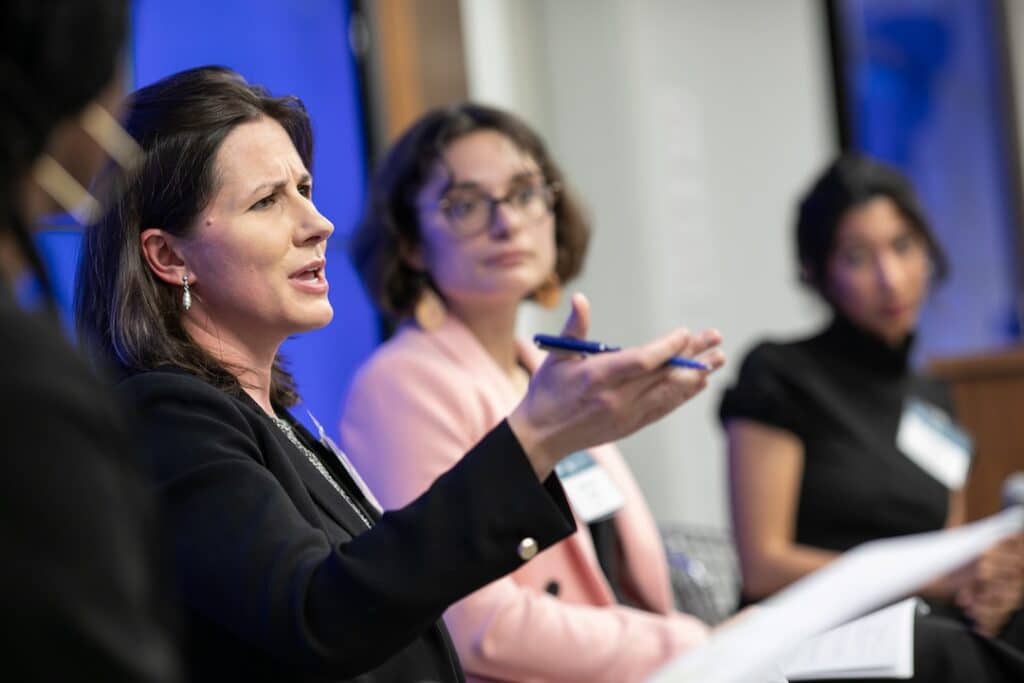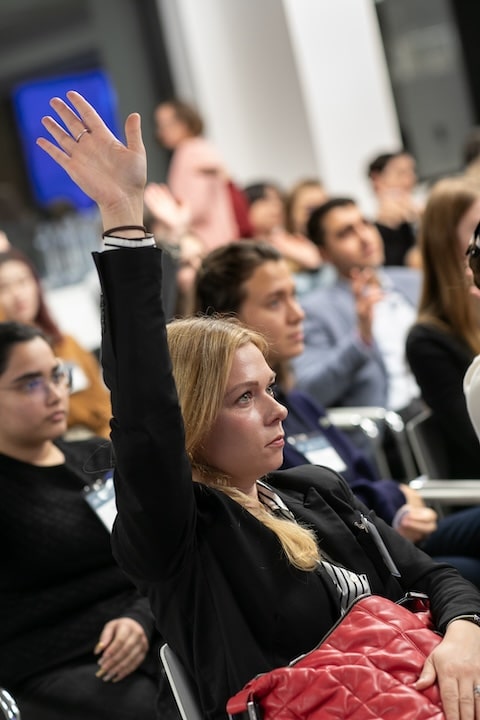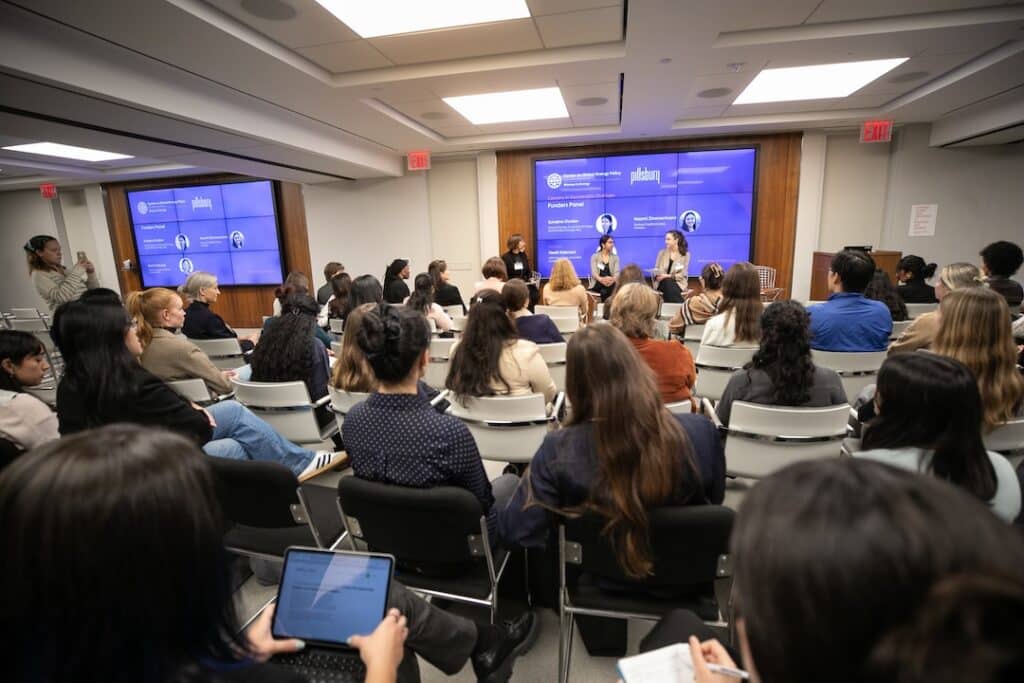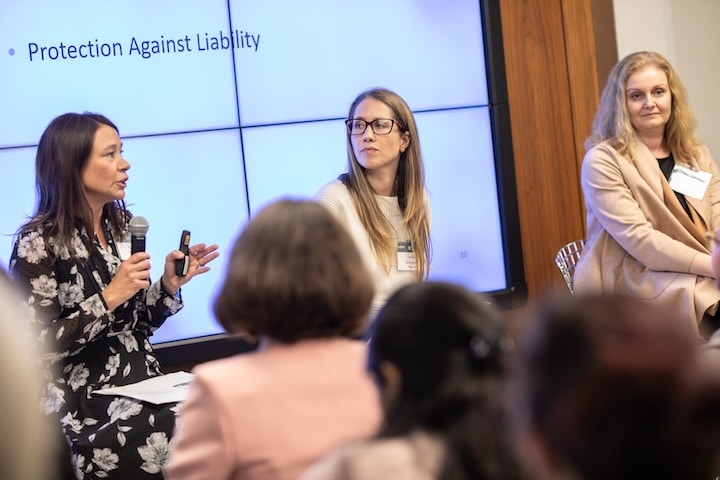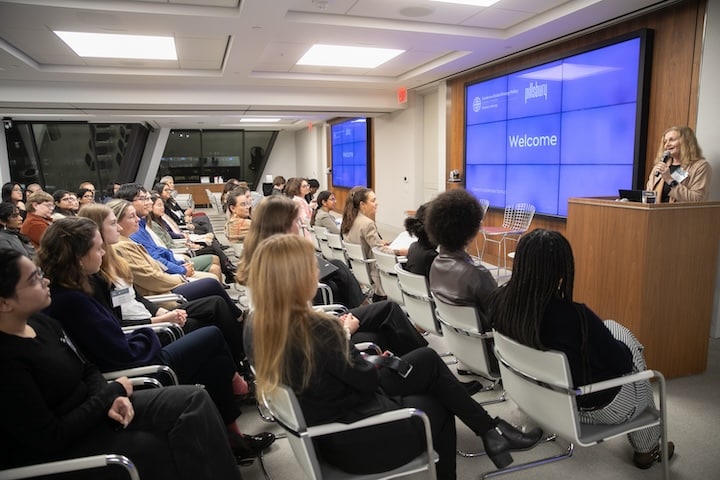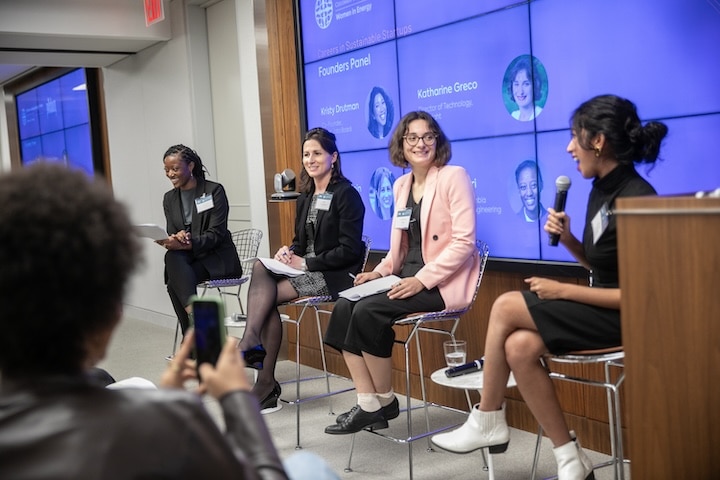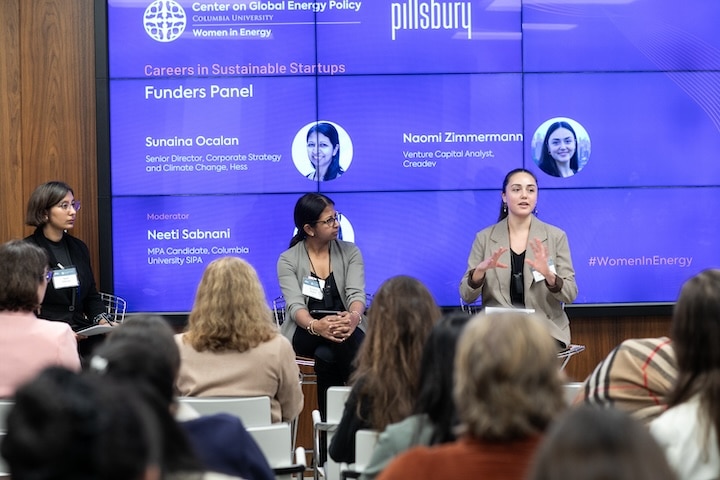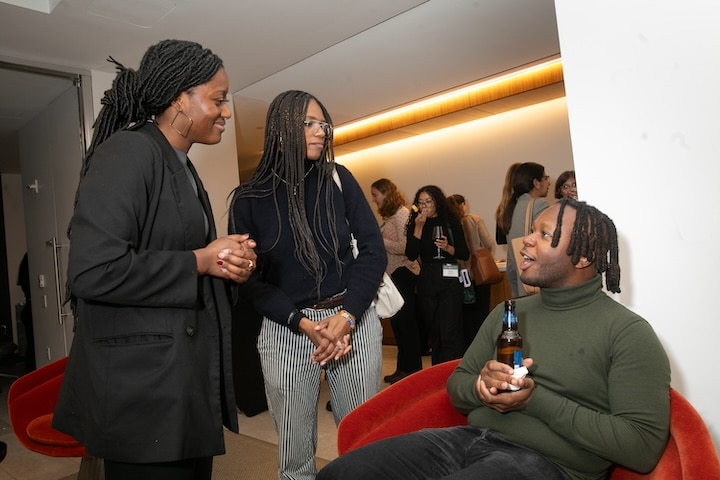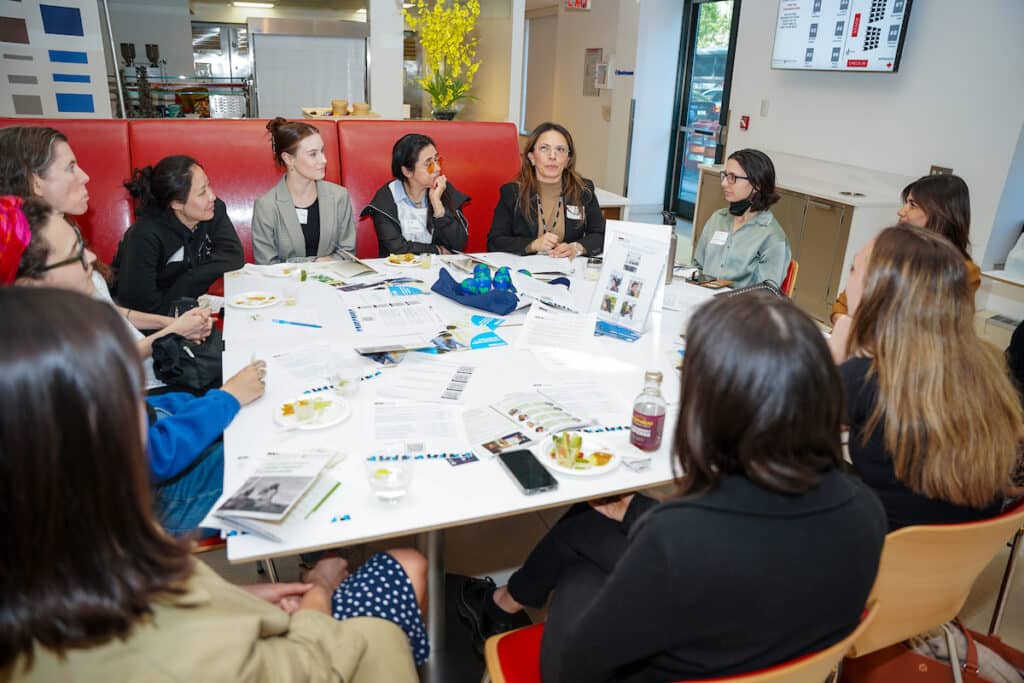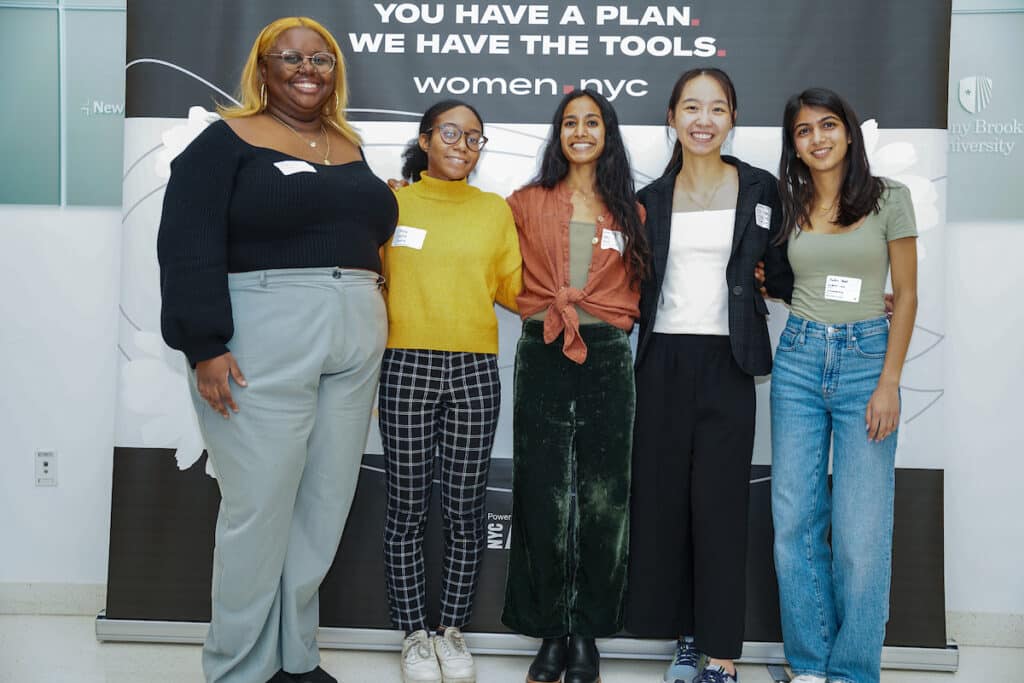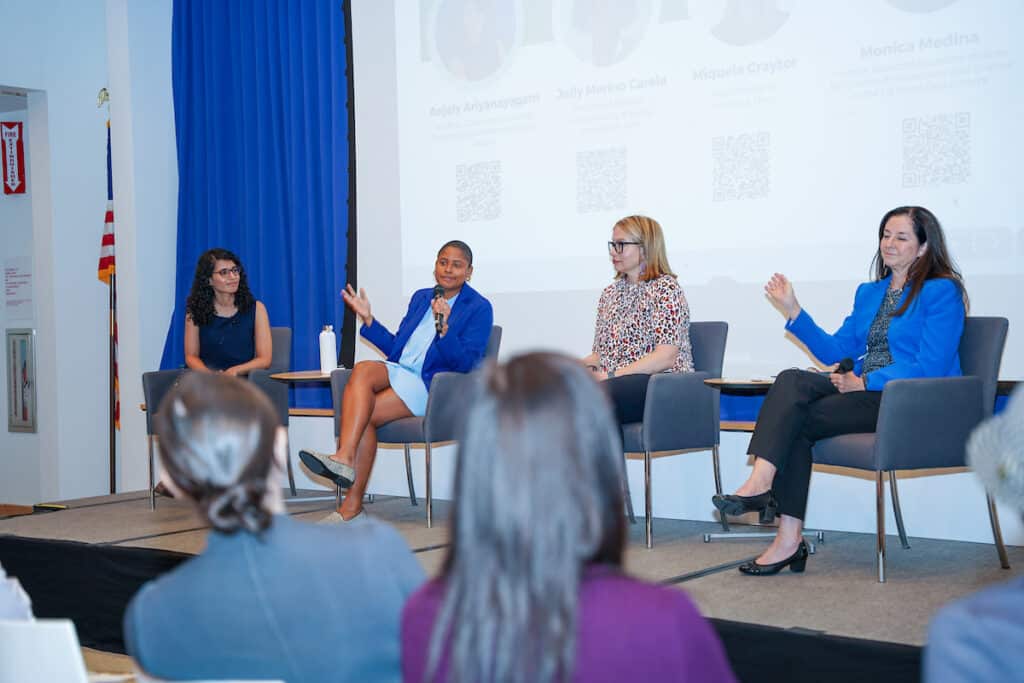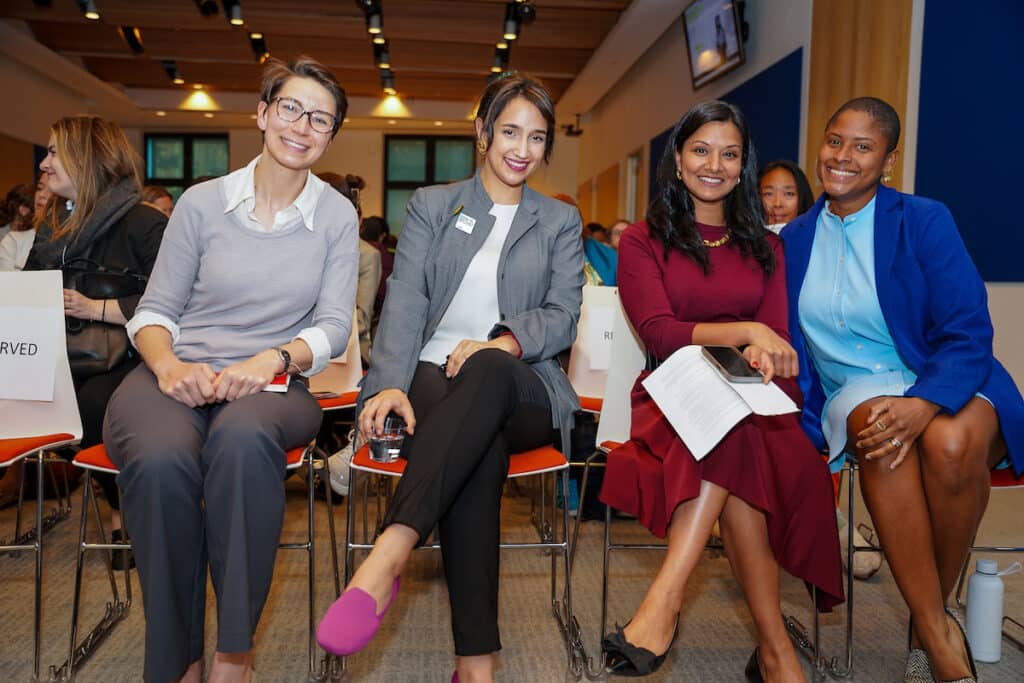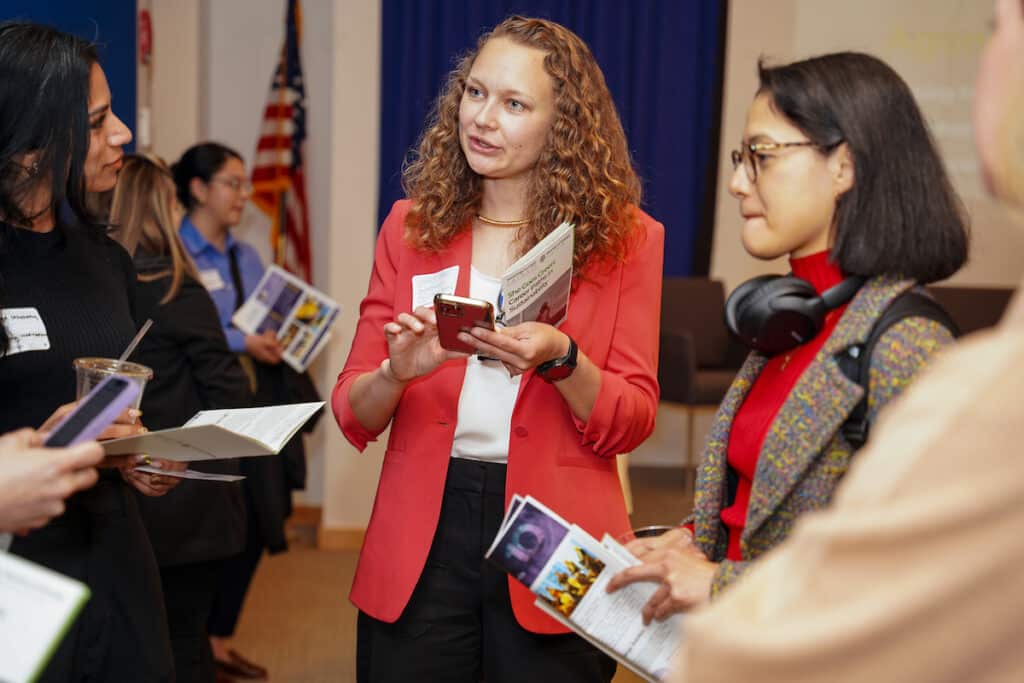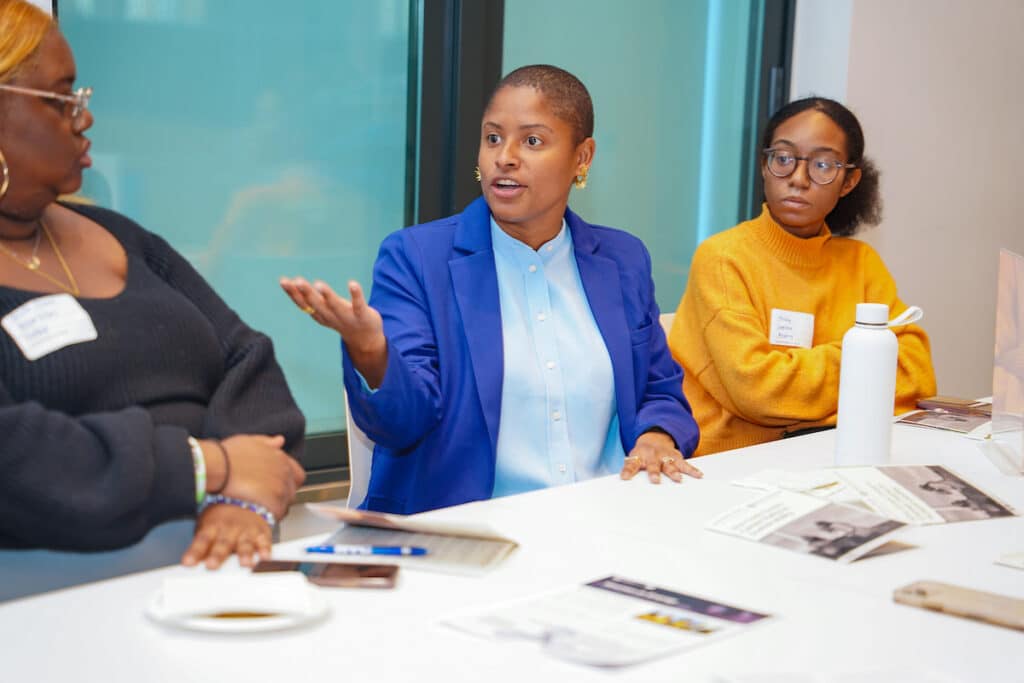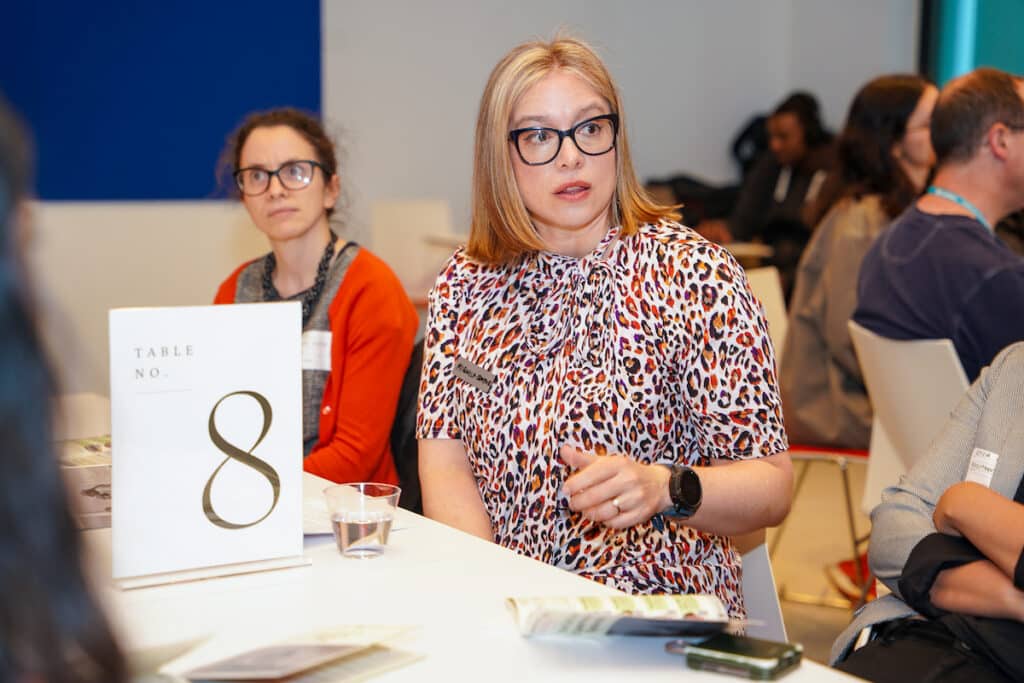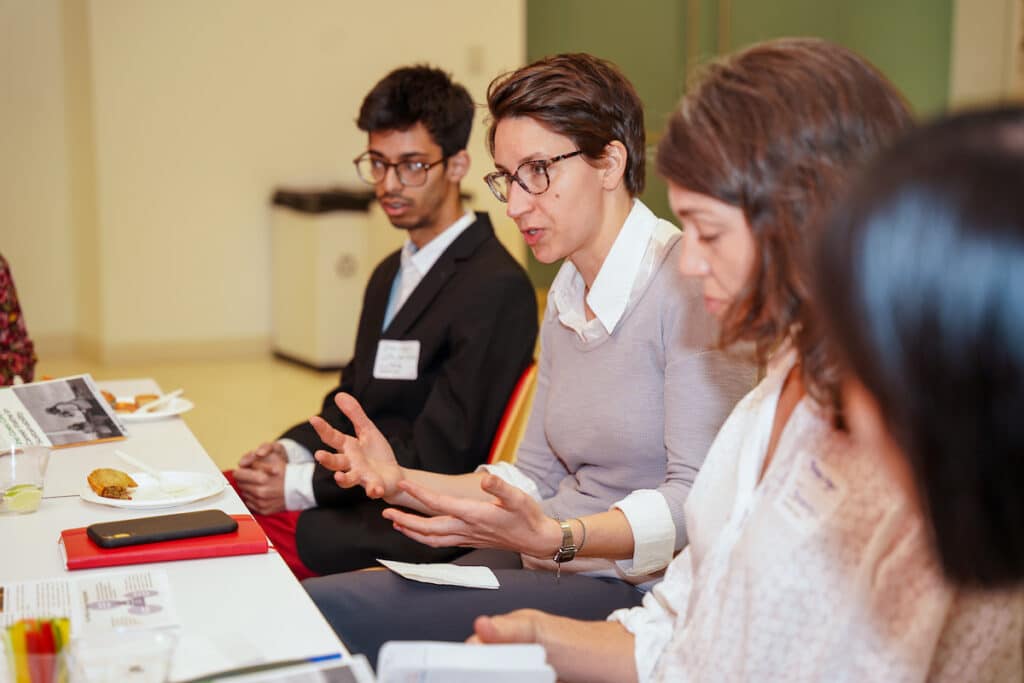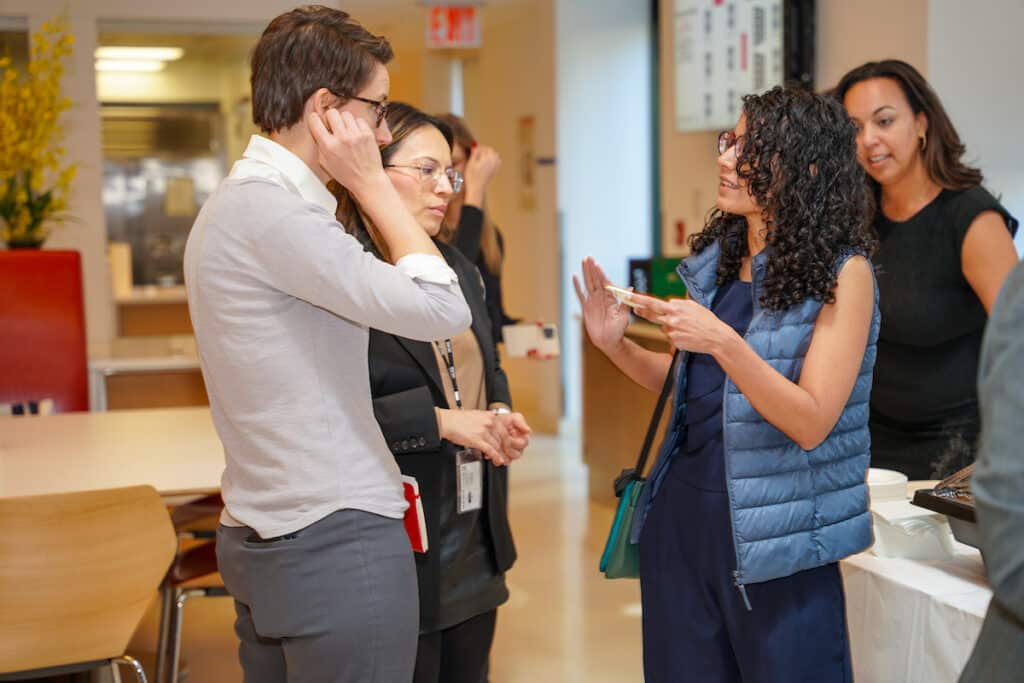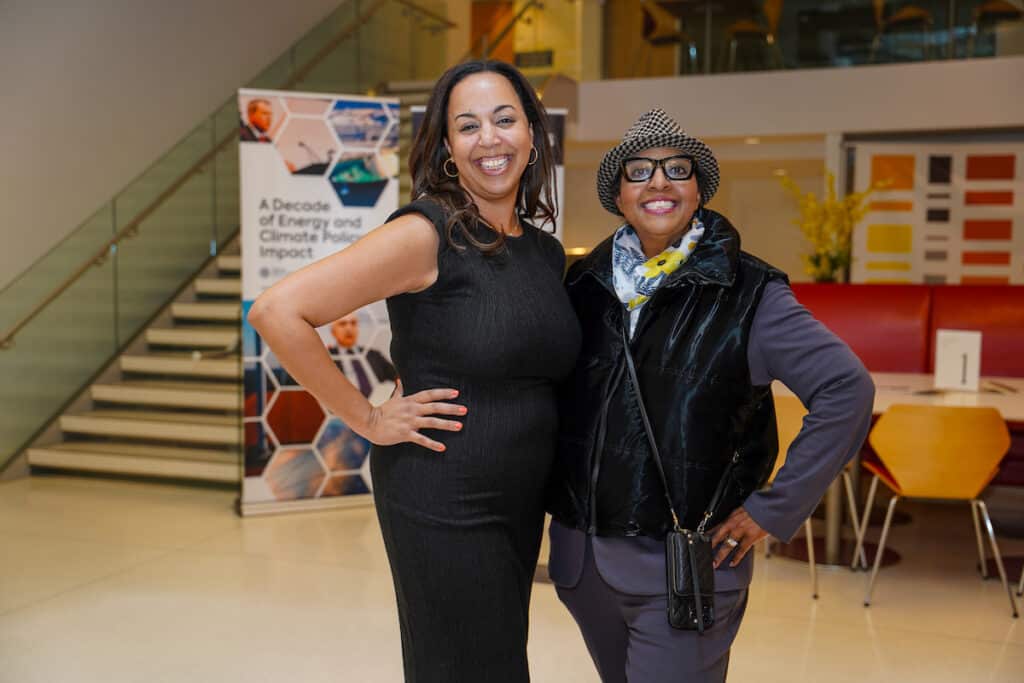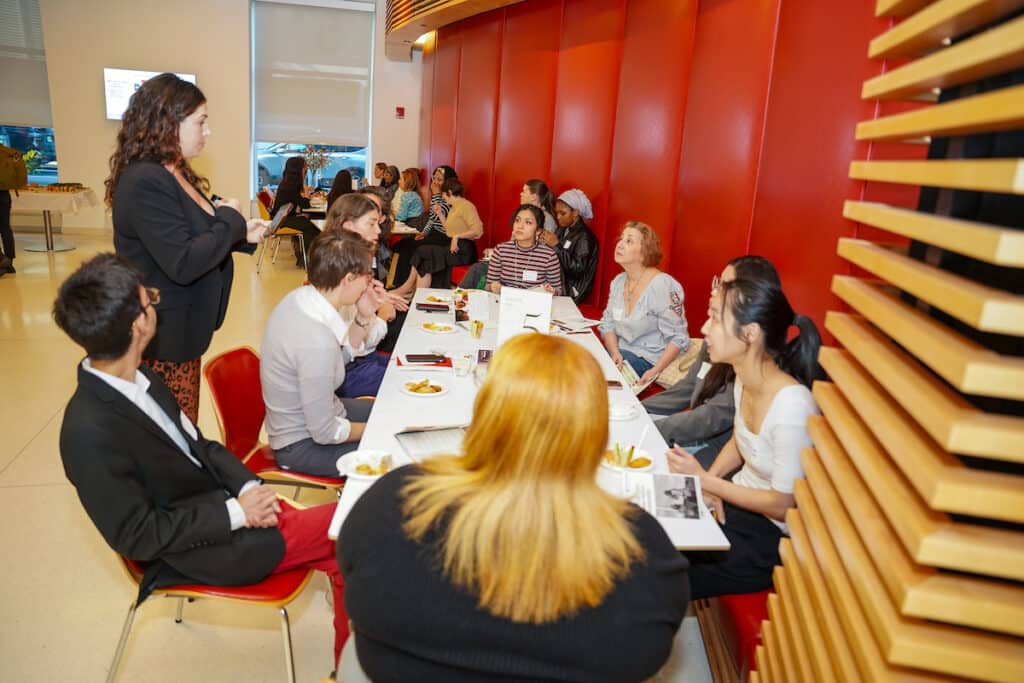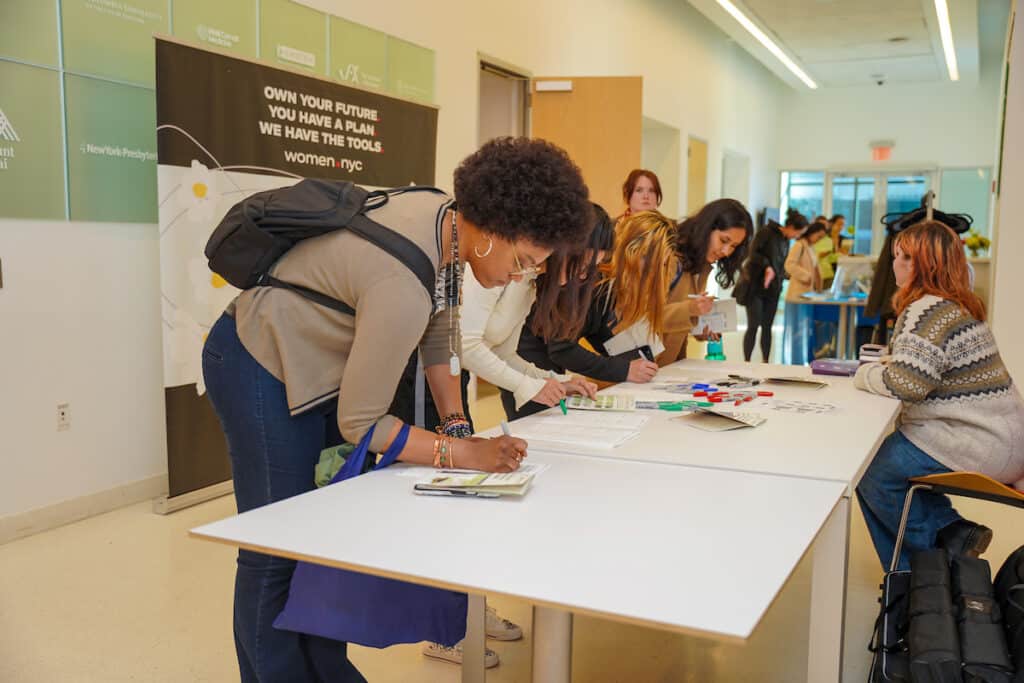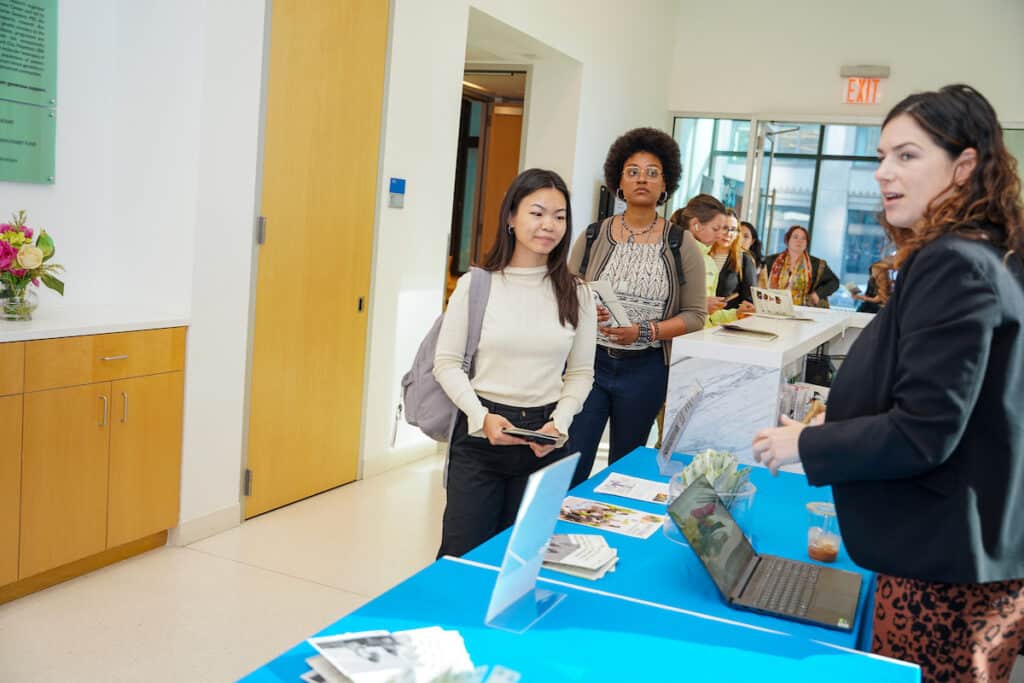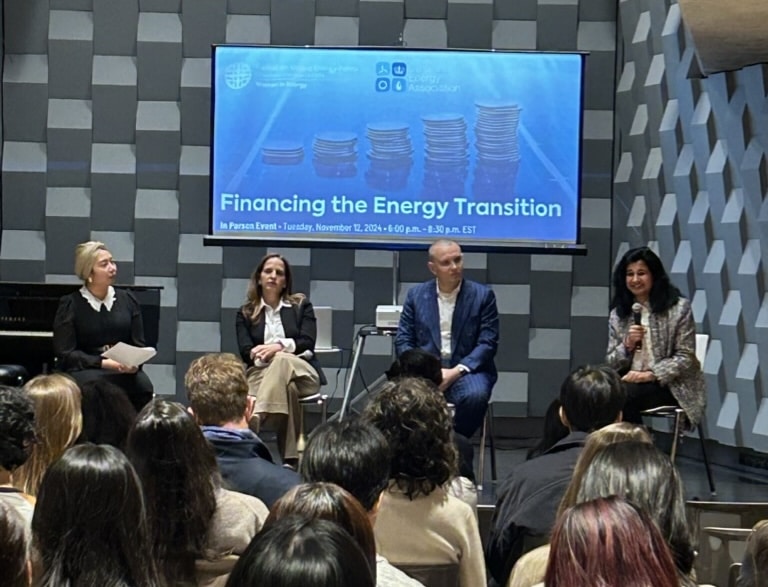
The Women in Energy initiative at the Center on Global Energy Policy, Columbia University SIPA, hosted an event titled “Financing the Energy Transition”. The event was intended to facilitate a deeper understanding of energy finance, the professional opportunities available in that space, and how to access those opportunities.
The main questions and takeaways from the event are as follows:
How do you prepare for the recruitment process?
- Reach out to former employees of the organization, who can provide insights on the interview process, the company’s culture, and expectations around the hiring process.
- The recruitment process often involves a series of stages designed to assess both technical and interpersonal skills:
- Personality Interview: Focused on understanding motivations, work style, and cultural fit.
- Modeling Test: Designed to assess financial modeling skills.
- Case Study: Designed to assess problem-solving, analytical, and presentation skills through a real-world financial scenario.
- Interviews with Senior Professionals: Intended to assess deeper knowledge of energy finance as well as strategic and long-term thinking.
What are the key skills that early professionals in the energy finance space should focus on?
Hard Skills:
- Financial Modeling: building and evaluating financial models, especially in relation to risk-return assessments in energy projects.
- Quantitative Analysis: Strong analytical skills to assess data and trends that impact investment and project decisions in the energy space.
- Risk Management: Assessing, mitigating, and managing risks associated with energy finance.
- Risk and Return Analysis: Ability to analyze investments from a risk-return perspective.
- Industry Knowledge: Staying updated with the latest trends, technologies, and policies in energy finance by reading industry publications and newsletters, as well as attending relevant events.
Soft Skills:
- Open-Mindedness: Approaching problems from different angles and considering a variety of perspectives.
- Humility: Acknowledging what you don’t know and being open to learning is essential.
- Willingness to Learn: Openness to learning and adapting to new trends, technologies, and regulations in a fast-moving field.
- Growth Mindset: Willingness to adapt to new challenges, such as changes in the market or new regulations affecting the energy industry.
Advice for people transitioning into energy finance from different sectors
For individuals without financial experience, the key is to:
- Leverage Transferable Skills: Many skills from other sectors (e.g., policy, law, or engineering) can be applied in energy finance, such as critical thinking, problem-solving, and project management.
- Demonstrate Adaptability: Showing potential employers that you can quickly learn new concepts and apply them to the specific needs of the energy sector.
- Ask Questions and Be Curious: eProactively seeking knowledge and demonstrating a willingness to learn.
What makes recruiting in the energy finance space unique?
- Multidisciplinary Nature: Roles often require a blend of skills, such as private capital, investment, fundraising, capital markets, and an understanding of energy systems.
- Diverse Roles: The energy sector encompasses many different roles, so understanding where your skills fit best is crucial.
- Stakeholder Management: It’s essential to understand how different stakeholders (investors, governments, regulators, companies) interact with each other and how those dynamics influence investment decisions.
What are the best ways to ensure a recruiter sees your profile?
- Tailor Your Resume and LinkedIn Profile: These should reflect the specific role and be easy to read and keyword-optimized.
- Leverage Networking: Most job placements in the energy sector come through referrals. Build strong relationships with professionals in the field.
- Stand Out with Initiative: Going the extra mile to connect with recruiters (e.g., reaching out proactively or networking through events).
How should early professionals explore and choose different roles in the energy finance space?
- Apply Widely: Don’t be afraid to apply for a variety of roles across different companies and sectors within energy finance. Job postings can be found through LinkedIn, Indeed, and company websites.
- Use Networking: Networking can help uncover opportunities that may not be publicly posted. Engage in coffee chats and seek informational interviews with professionals already working in the field.
- Ask the Right Questions: When networking or interviewing, ask about what the company’s culture is like and whether the role will provide the kind of experience you need for career growth.






